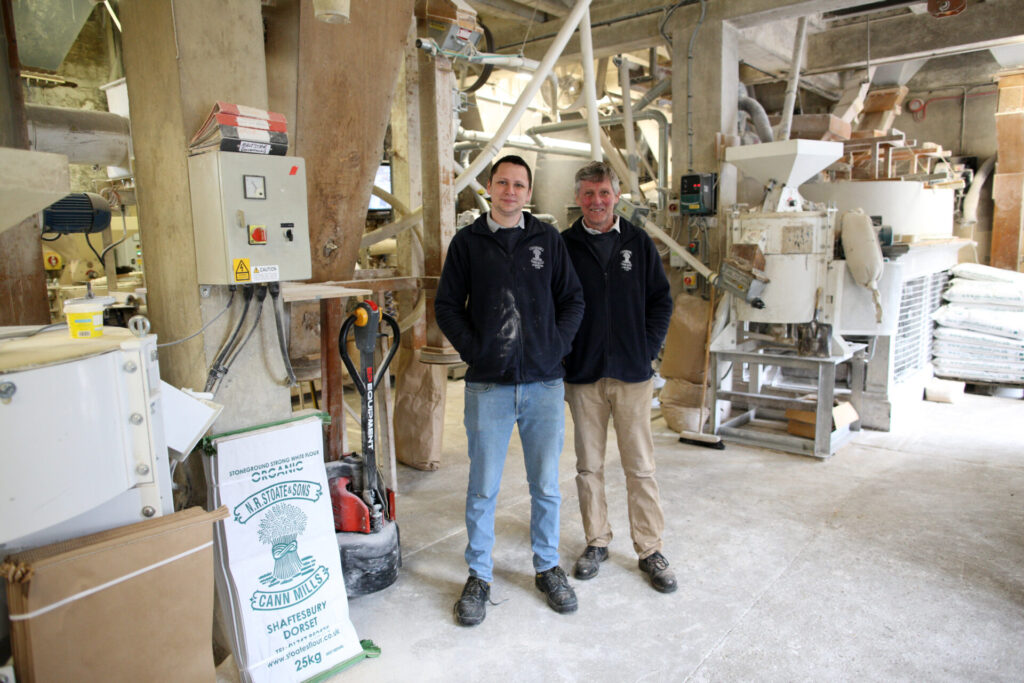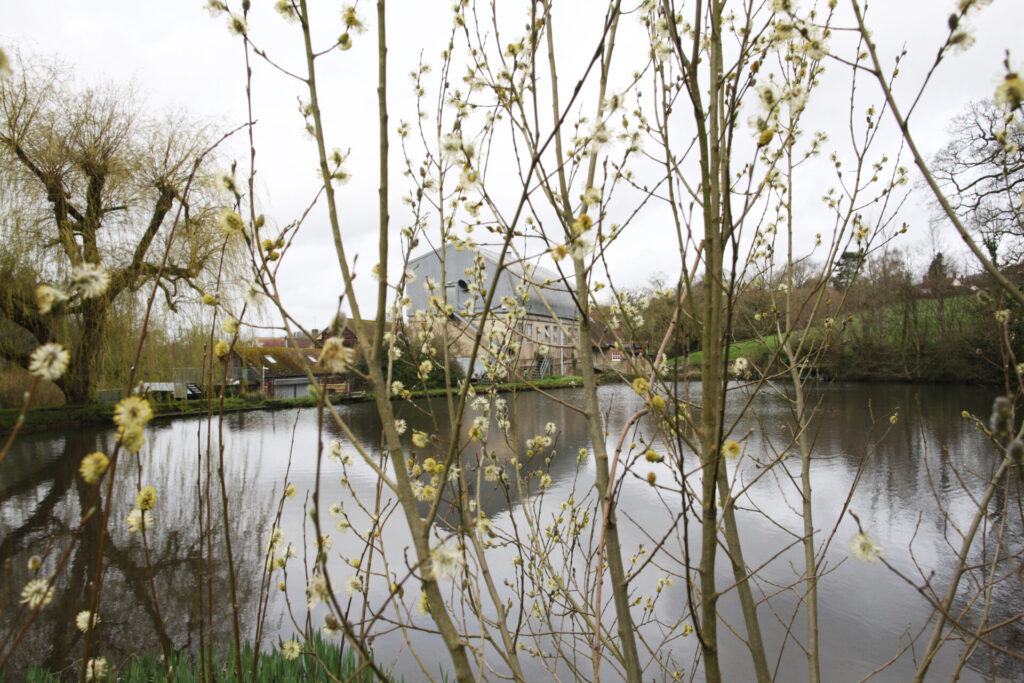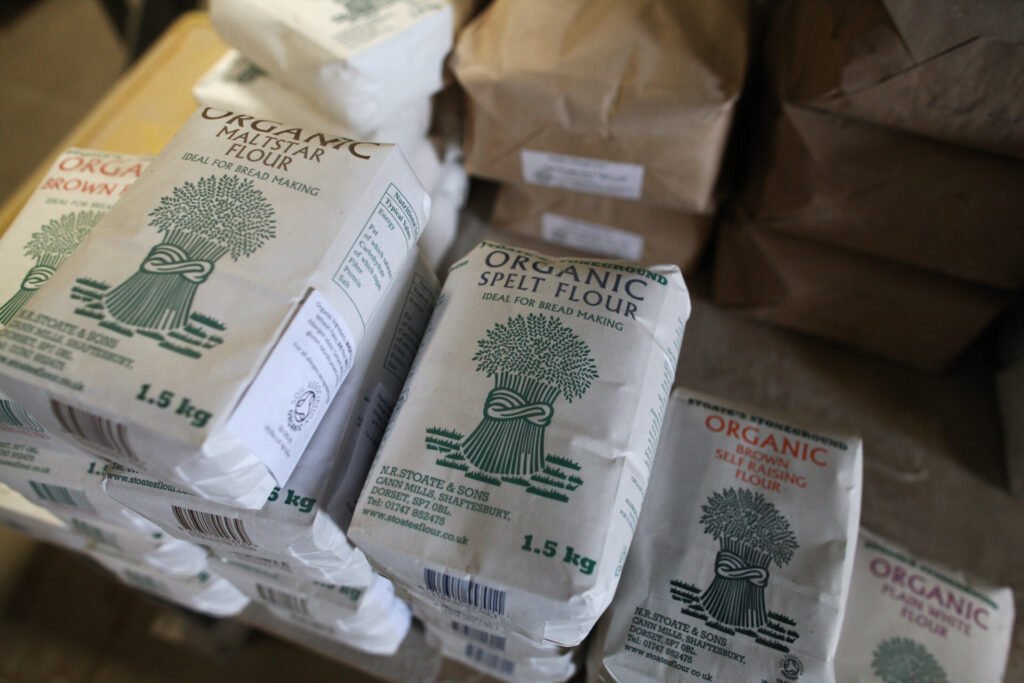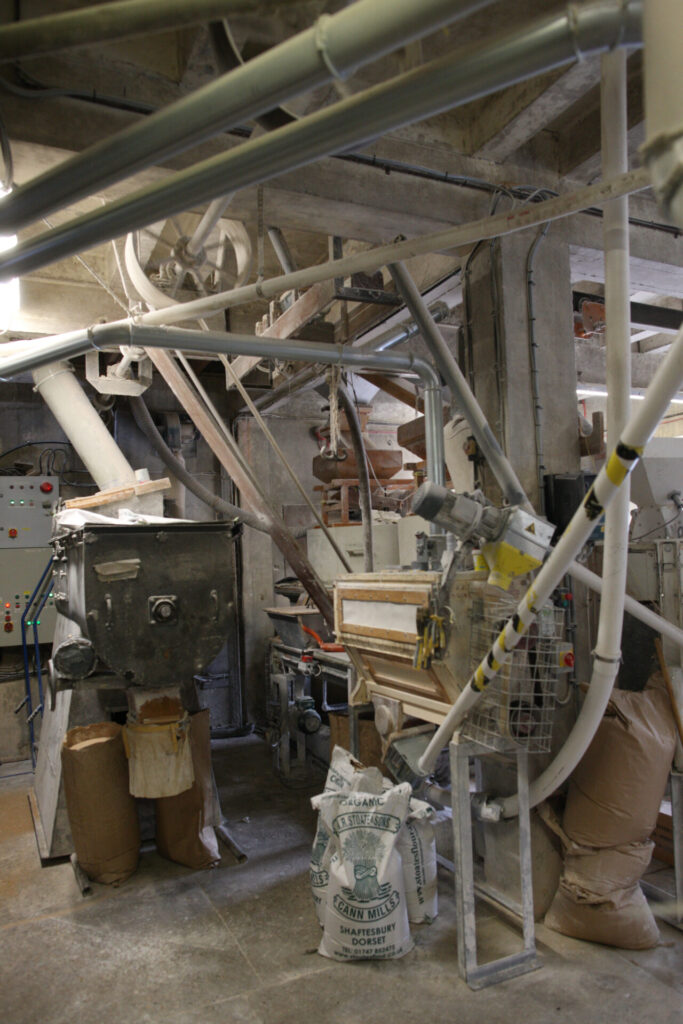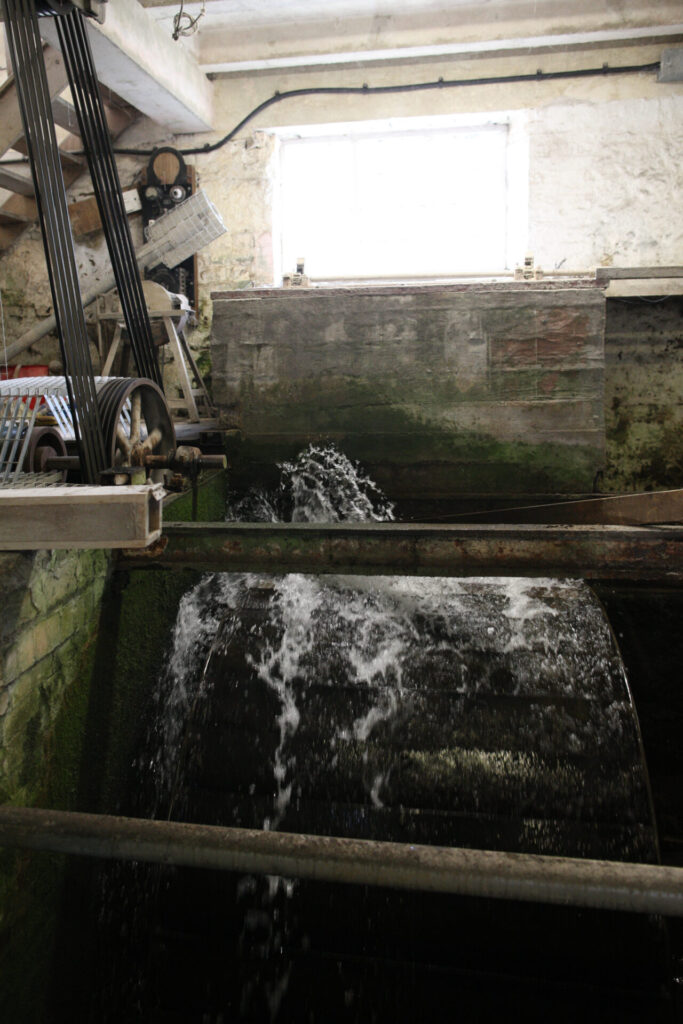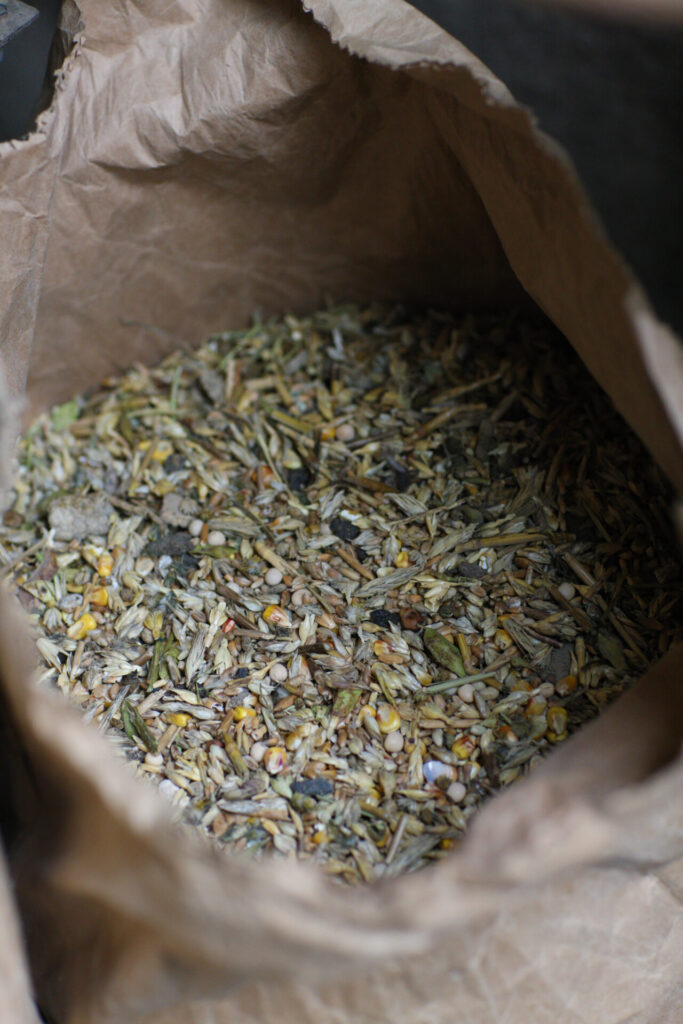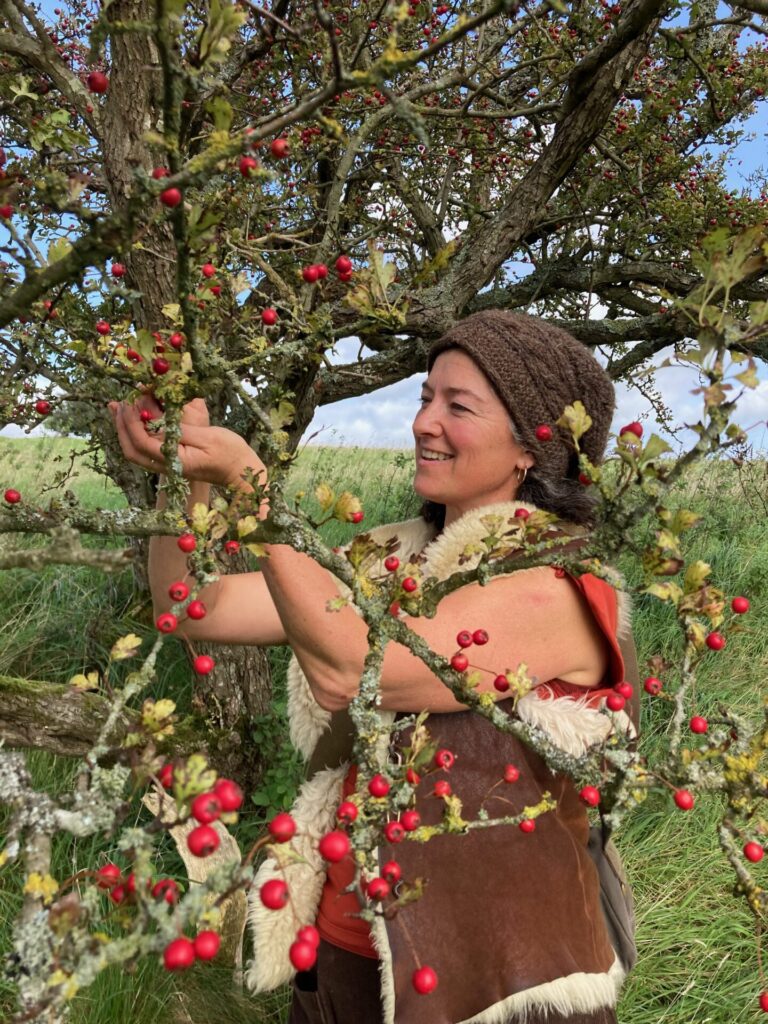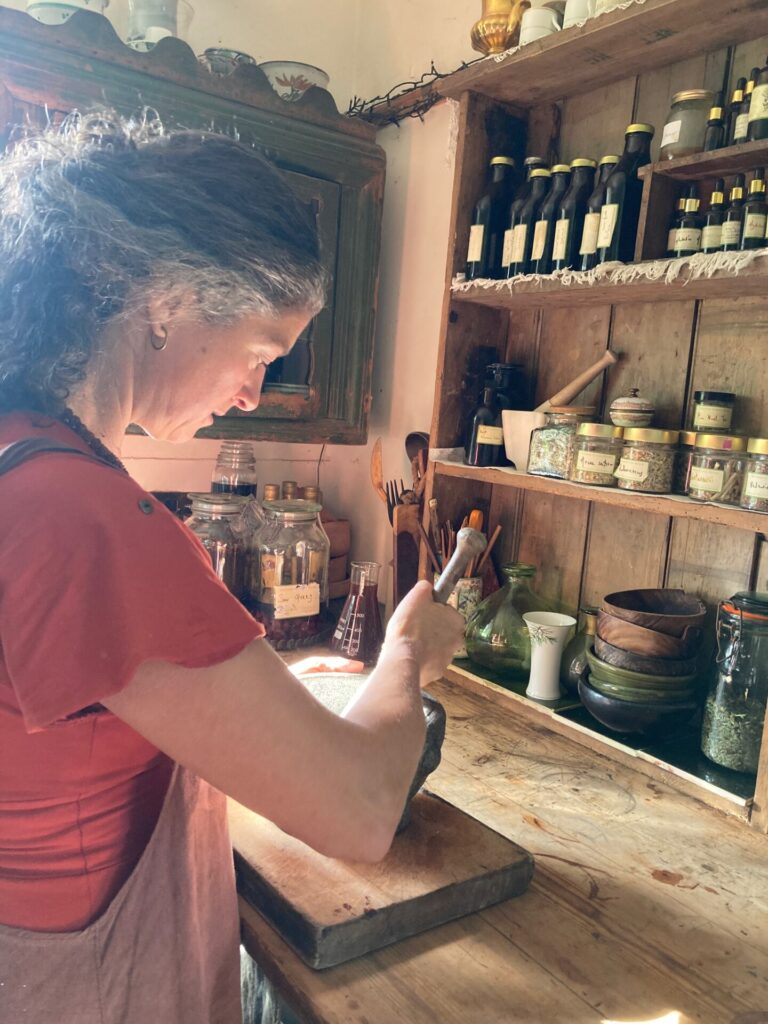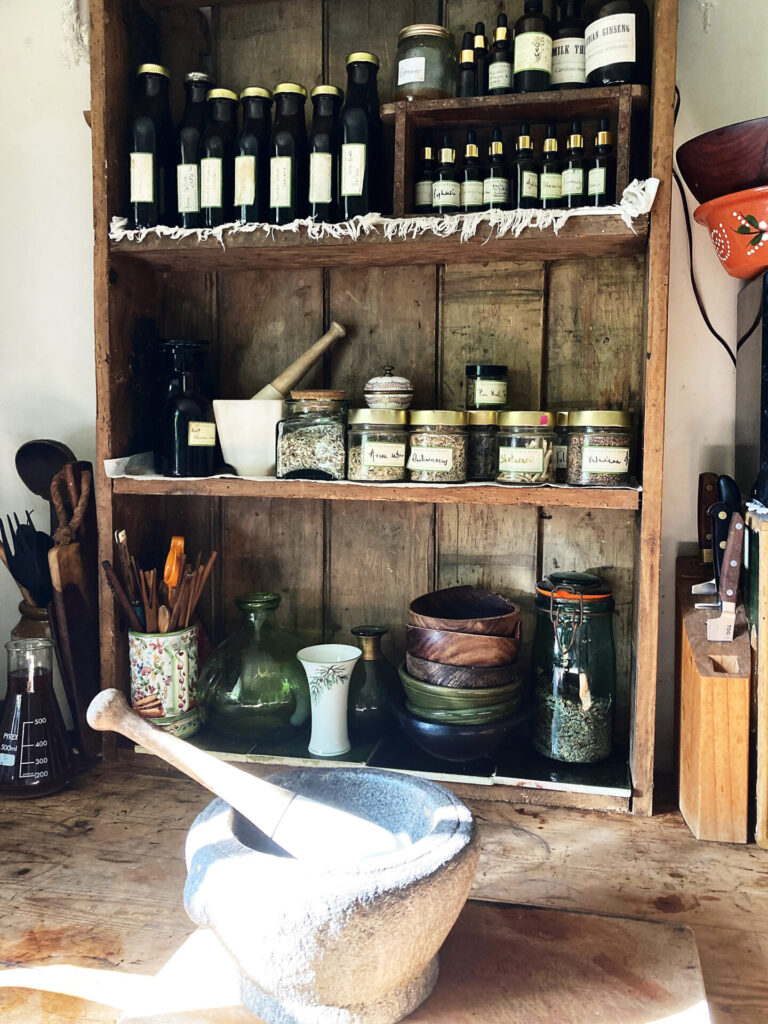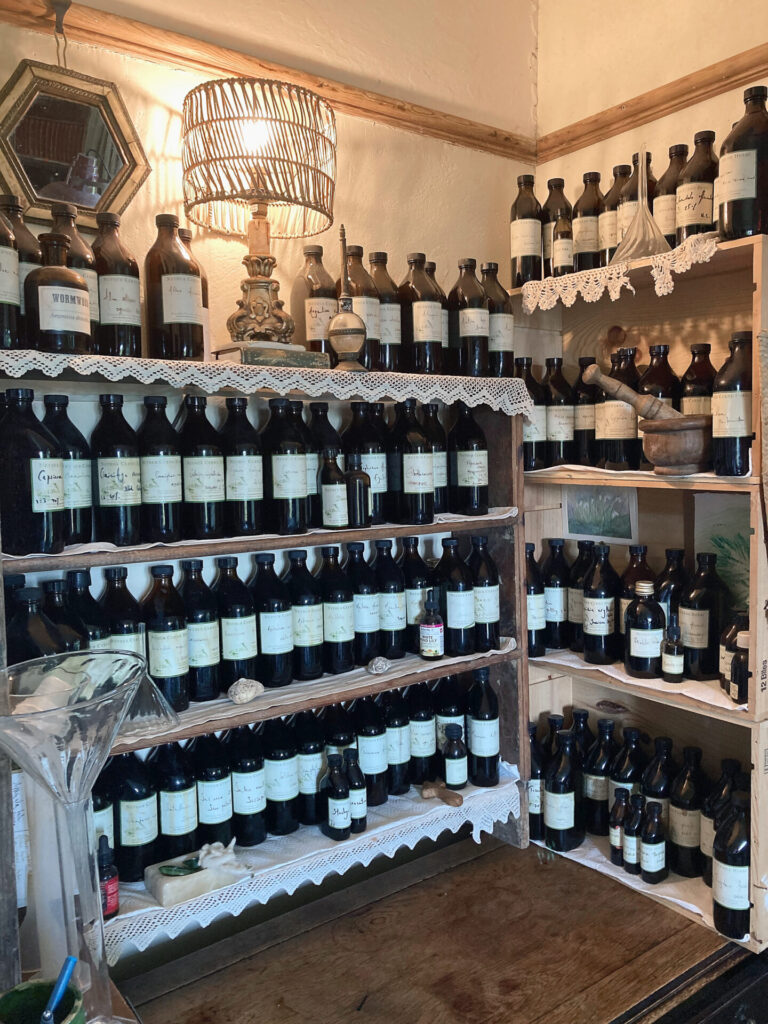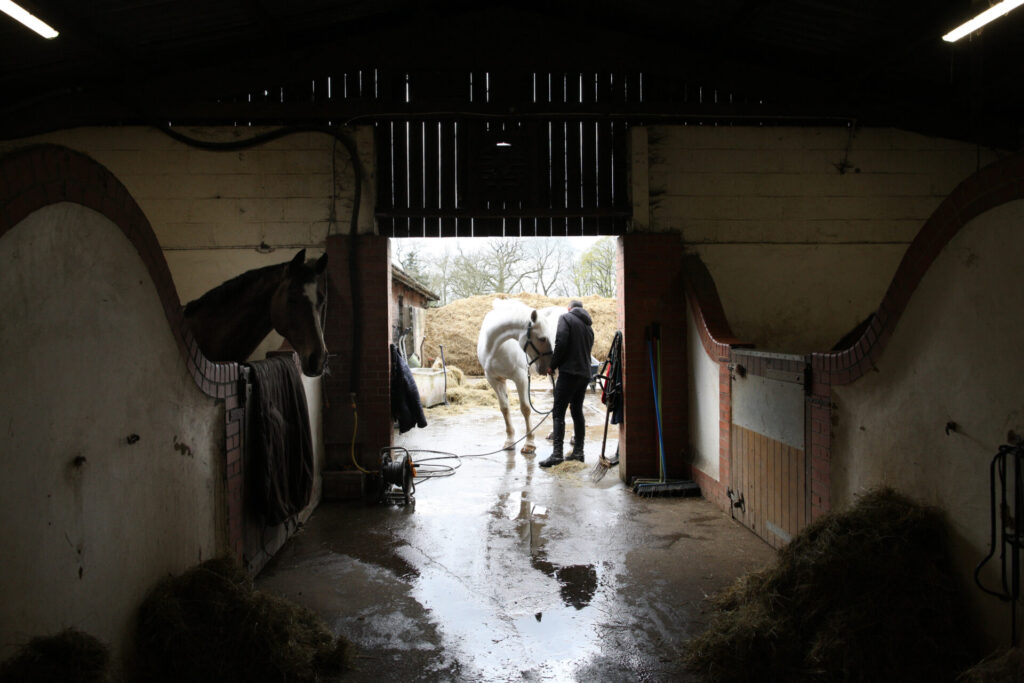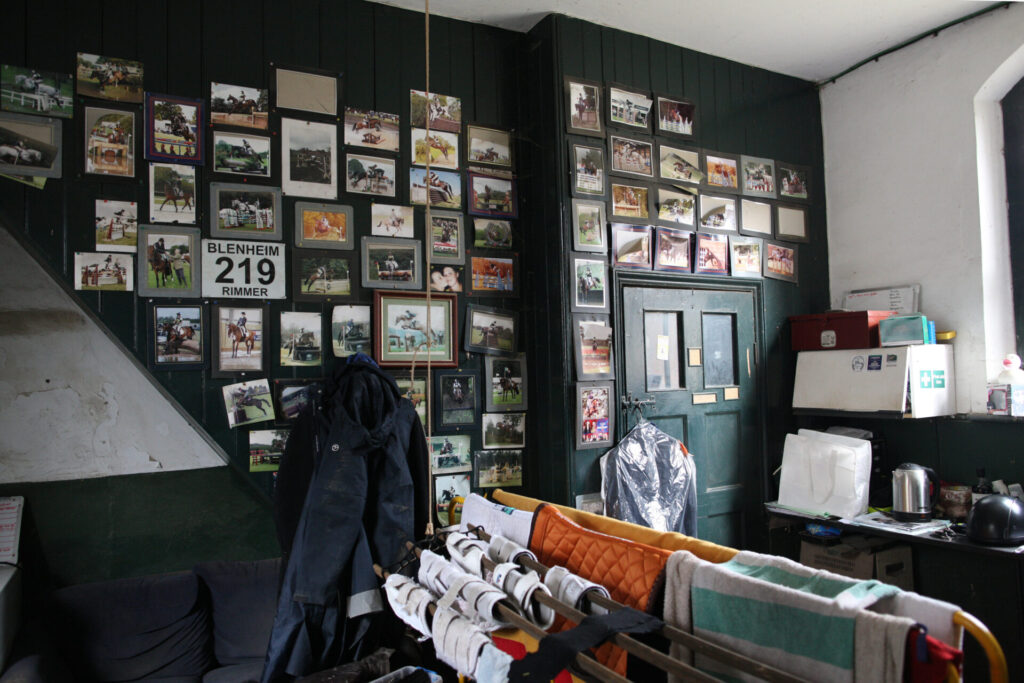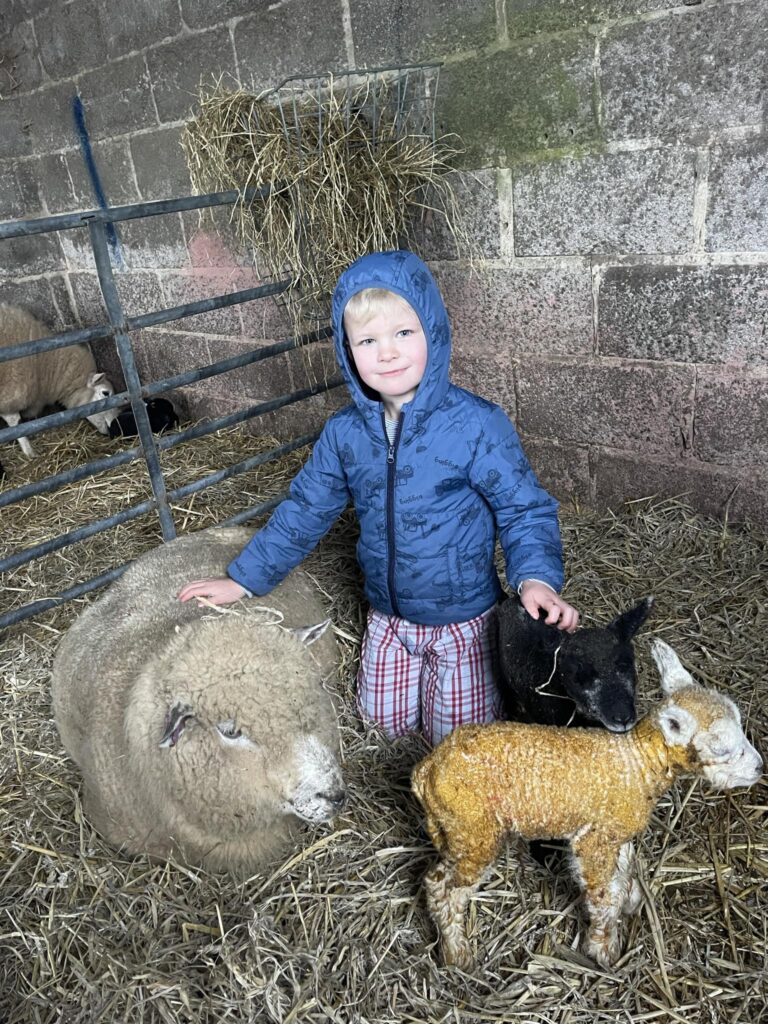Jules Bradburn’s market empire expands to Dorchester – the latest Dorset town to benefit from a new 200-stall Sunday artisan market


Since the first monthly Sunday Sherborne artisan market opened back in 2019, it has become a regular go-to fixture for many. It has proved a great success, as, it seems, has the similar independent Sunday market launched in Shaftesbury last year. Both have lots of local traders selling a great range of quality food, crafts and clothing, They have quickly established a reputation as good places to treat yourself (or someone else), to grab a coffee and a bite to eat or to just enjoy whiling away an hour or two.
At the end of April, Dorchester will see the opening of its own artisan market. All three Sunday markets are masterminded by enterprising Sherborne resident Jules Bradburn.
Stallholders have been quick to book a pitch in Dorchester, where the new market will set out its wares on 28th April from 10am to 3pm. The market will spread from the Borough Gardens, where there will be music and entertainment, to West Walks, Bowling Alley Walk, South Walk, South Street and around Brewery Square. It will be big, with more than 200 stalls.
‘There’s a real appetite for a good market in Dorchester on a Sunday, and for keeping things local,’ says Jules.
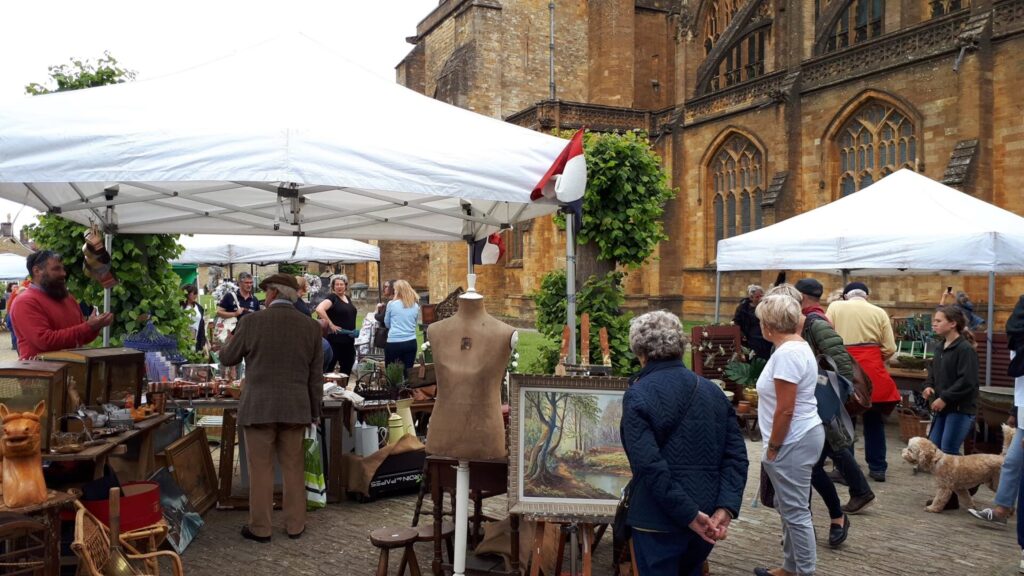

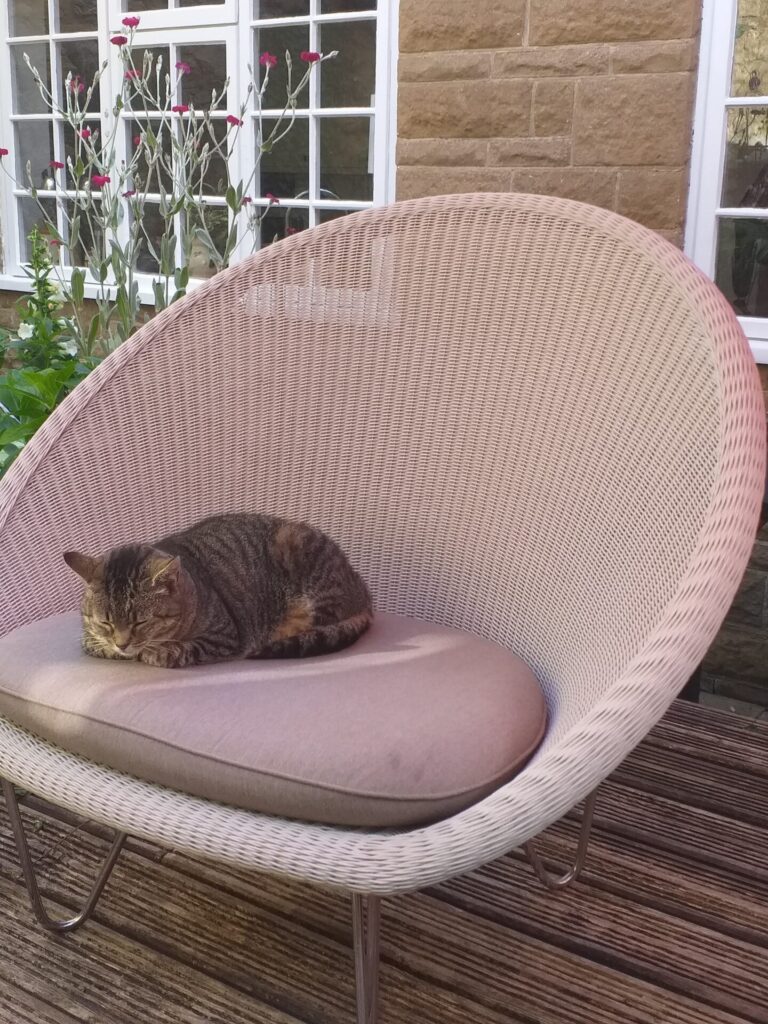
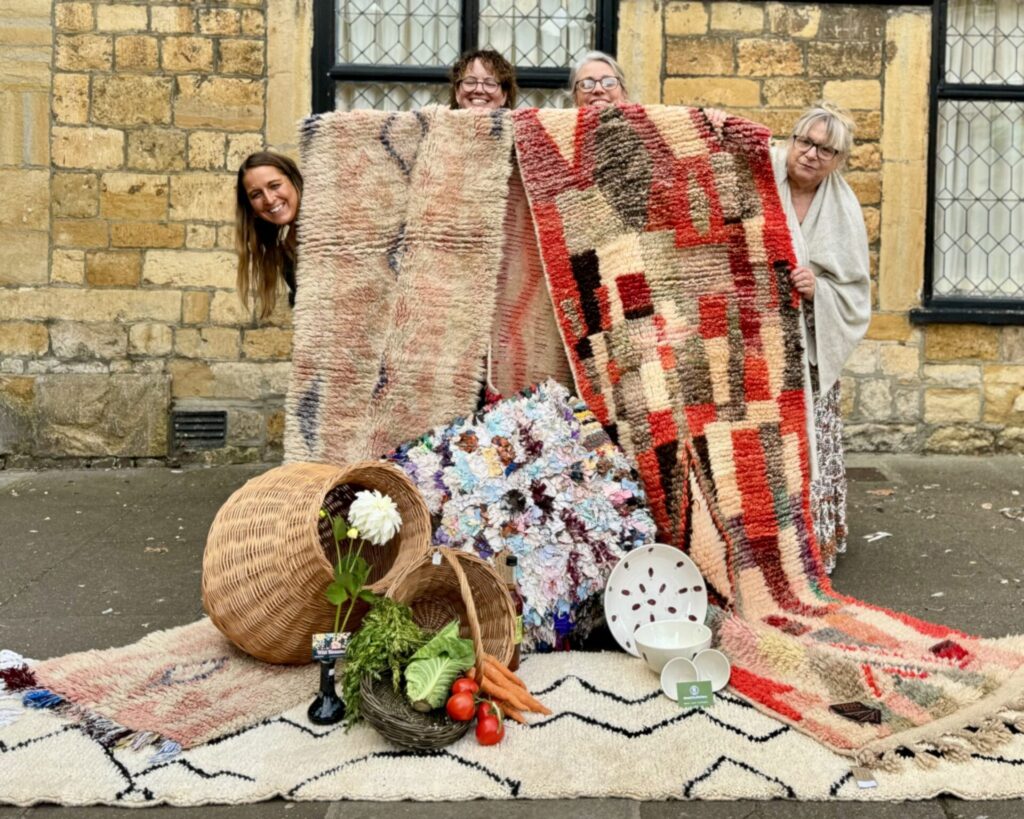
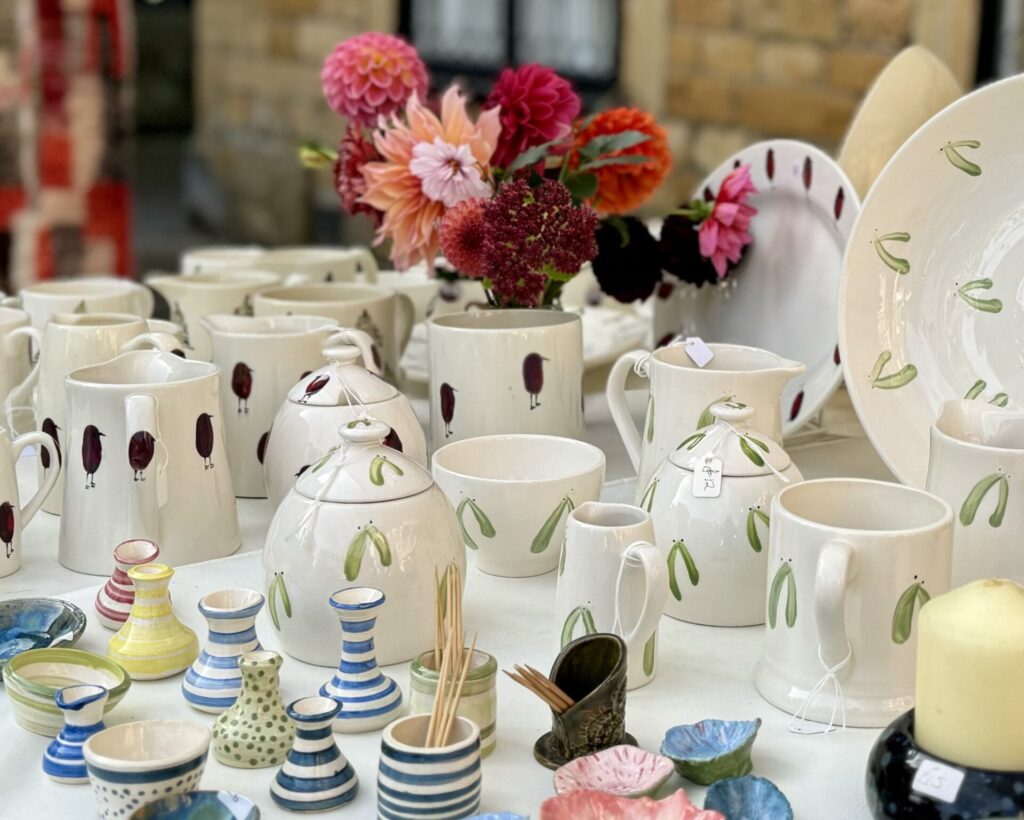
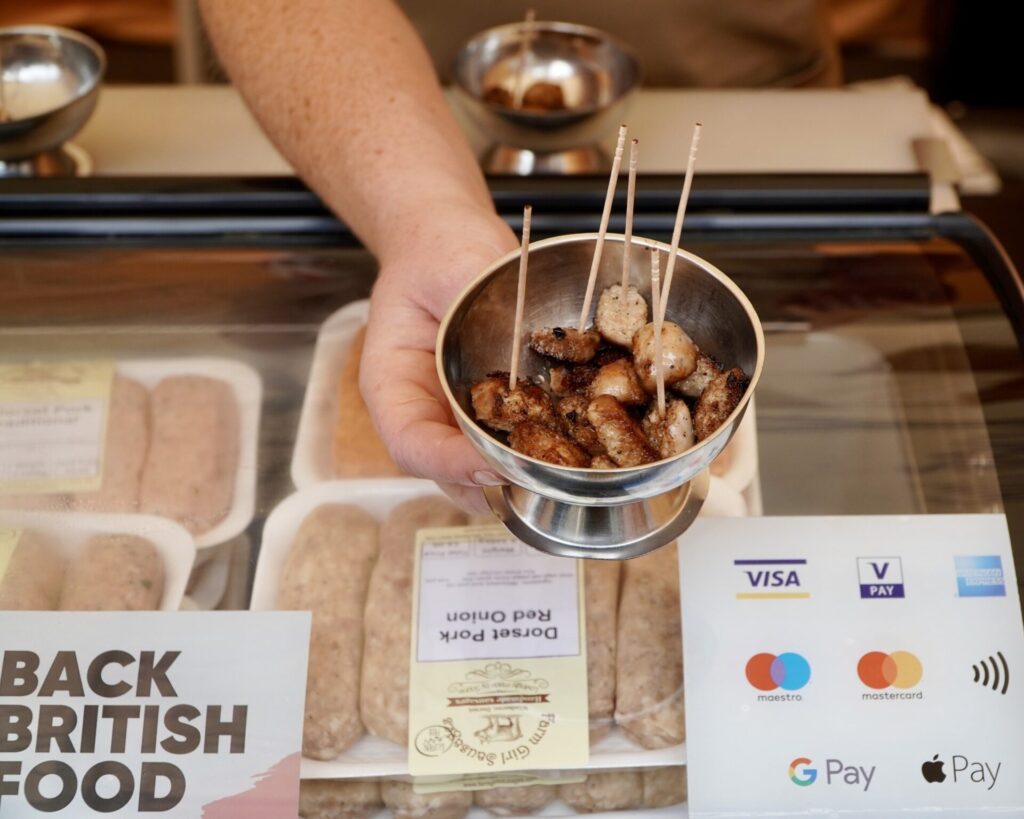
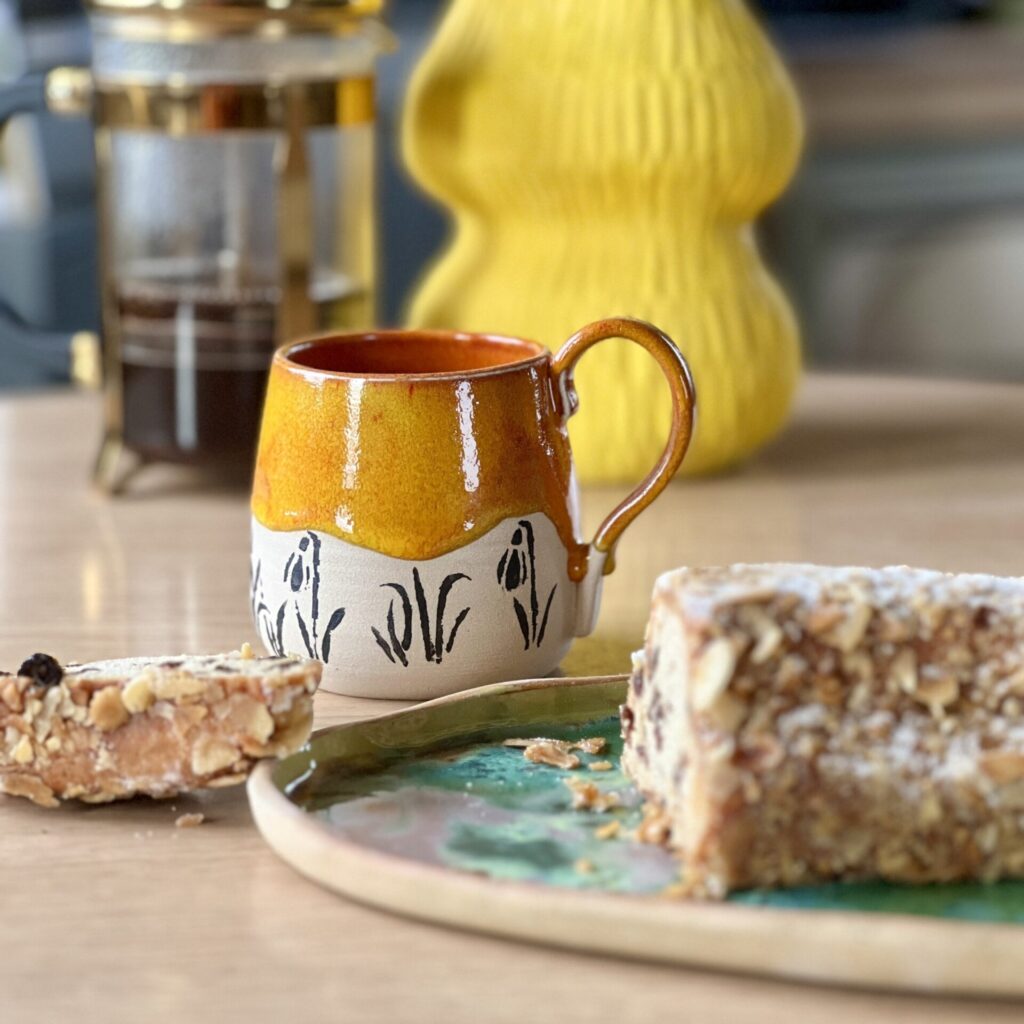
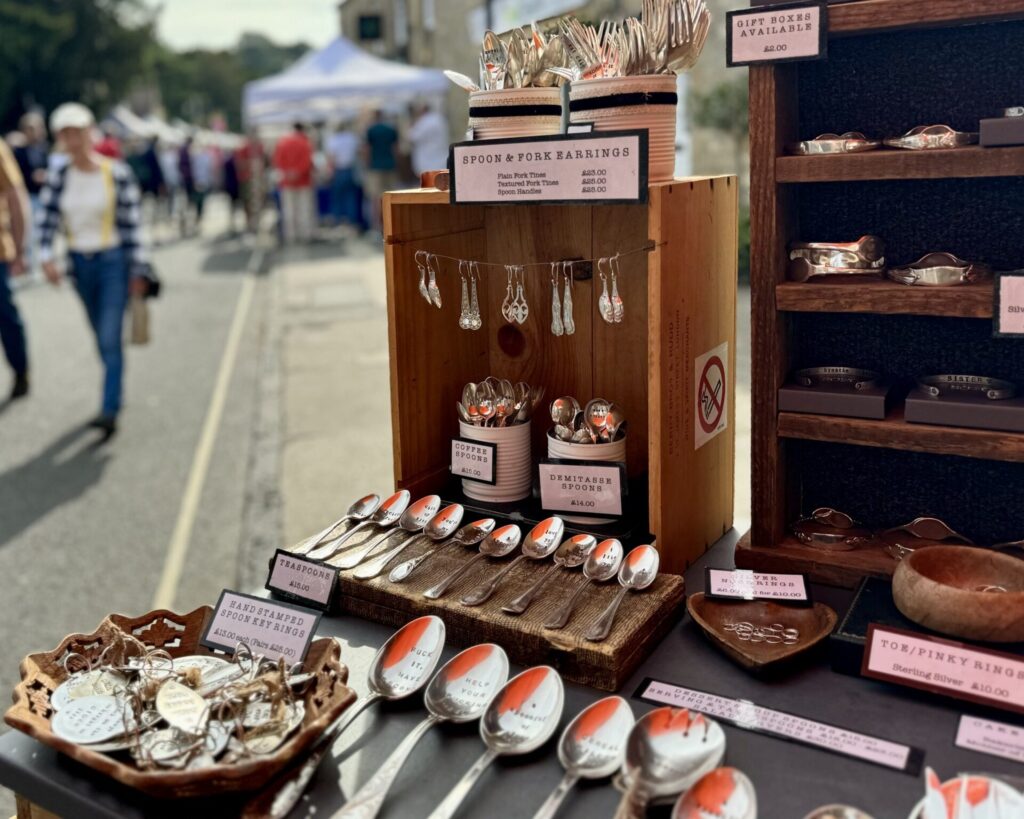
Dorset’s market mogul
As well as establishing high quality independent markets, Jules Bradburn also sits as a circuit judge for more than 30 days a year on benefit payment tribunals in the western circuit law courts. ‘It’s a really interesting job and the total opposite to the markets.’
She finds her two very different jobs complement each other and she loves dealing with the market traders. ’They’re a great bunch of people,’ she says., ‘I received an email from a visitor recently. It said: “your market is wonderful – like having Etsy in your back garden.” It was lovely. But it is also really reward to ensure that people are getting the benefits they’re entitled to. You can literally see the relief on their faces when they’ve battled the system for a long time.’
As if organising soon-to-be three artisan Sunday markets weren’t enough, Jules and her team have recently been asked to take over the regular Saturday market in Langport and the May Shaftesbury Food Festival, in addition to two Christmas fairs next December.
‘In the middle of January, I was discussing how many Christmas trees we would need … and it was only three weeks after last Christmas!
Jules knows that people want variety at independent artisan markets. ’They want choice. They want to see new, interesting things, so we make sure we have lots of different traders, all mixed up in different places.
Dorchester is big, so it’s going to be really exciting!’
Jules is now left with one market-free Sunday a month.








